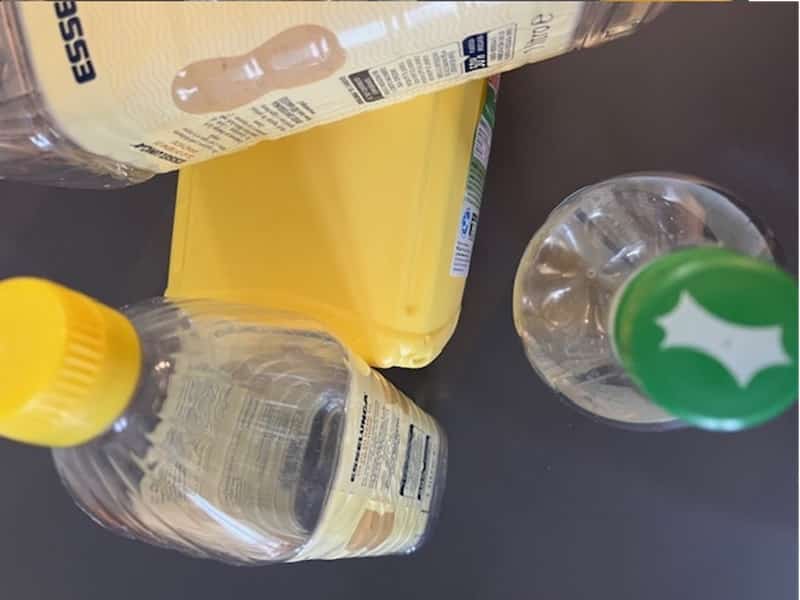The rLLDPE will be sold under the brand name SYNDIGO™ and will become NOVA’s second food-compliant recycled polyethylene (rPE).
rPE enables converters and brand owners to incorporate recycled materials into food and non-food packaging products. Mechanical Recycling“This is a significant milestone on our journey to circularity and lays the foundation for NOVA Circular Solutions to be the first to market with broad food-contact compliant rLLDPE made from consumer and retail plastic film in 2025,” said Greg DeKunder, vice president, NOVA Circular Solutions. “We are committed to building a state-of-the-art mechanical recycling business. We have the product development and engineering skills to produce recycled plastic resins for the most demanding and premium food contact applications.” Mechanical RecyclingMore…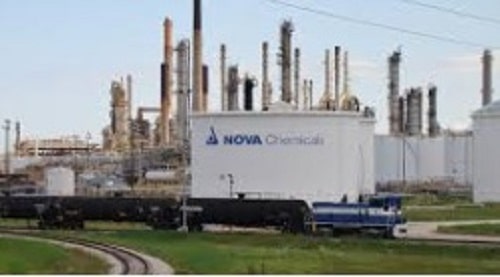
CARBIOS and TOMRA Textiles are collaborating to advance the circularity of polyester textiles by bridging the gap between textile waste collection and innovative recycling technologies
CARBIOS (Euronext Growth Paris: ALCRB), a leader in biological technologies for plastic and textile life cycle reinvention, and TOMRA Textiles, a tech venture from sorting technology leader TOMRA (Oslo Stock Exchange: TOM.OL), have signed an agreement to create an efficient system in Northern Europe. This system will encompass textile waste collection, sorting, and preparation for recycling using CARBIOS’ enzymatic depolymerization technology at its upcoming commercial plant in Longlaville, France.
The collaboration aims to produce recycled polyester (r-PET) fiber from the monomers obtained through CARBIOS’ technology, effectively closing the loop for polyester textile circularity. Mechanical Recycling
Innovations from both companies address critical gaps in the value chain, significantly boosting textile-to-textile recycling from the current rate of one percent.
Under the partnership, TOMRA Textiles will explore measures to prepare post-consumer polyester waste for biorecycling according to CARBIOS’ specifications. Mechanical Recycling
CARBIOS’ biorecycling technology uses enzymes to break down polyester fibers into basic components, which are then used to produce high-quality recycled PET materials.
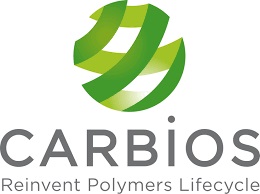

Control of the Circularity of Plastic
The European Environment Agency (EEA) has developed a new tool to monitor the level of plastic circularity in Europe, also useful for communicating progress to policy makers, stakeholders and the general public.
This tool, which can be consulted
HERE, is part of the larger Circularity Metrics Lab (CML) and will be constantly updated, offering insights and technical information. The topics analyzed include import-export, consumption and uses, environmental dispersion (including microplastics), capacity and average prices. While the data is not always up to date, it still provides an overview of key industry metrics.
Mechanical RecyclingThe Circularity Metrics Lab uses a range of sources, including European datasets, national statistics and surveys, to provide information on progress towards developing a circular economy. This tool complements other monitoring methods by presenting additional information on circularity, including metrics related to the implementation of circular principles and practices.
In addition to the new monitoring tool, the updated report “The role of plastics in Europe’s circular economy” has also been published, providing a detailed analysis of the role of plastics in the European circular economy. Mechanical Recycling
Balanced Supply Keeps Adipic Acid Prices Unchanged in Europe Despite Weak Demand
At the start of June 2024, the Adipic Acid market in Europe displayed a notable steadiness in prices despite a backdrop of weak demand and rising freight rates. The adequate supply of Adipic Acid ensured that market prices remained unchanged, providing some relief to manufacturers and buyers amidst a challenging economic environment.
One of the key factors influencing the Adipic Acid market has been the low prices of Benzene, a primary feedstock for Adipic Acid production. Mechanical Recycling
The depressed demand for Benzene has kept its prices at lower levels, which in turn has had a stabilizing effect on Adipic Acid prices. Despite the stability in raw material costs, the overall market conditions remain unfavorable due to subdued demand across various sectors.
The downstream automotive sector, a significant consumer of Adipic Acid, has faced considerable challenges. According to the Federal Motor Transport Authority (KBA), Germany registered a total of 236,425 cars in May, marking a 4.3% decrease compared to May 2023.
This decline in the automotive market has had a direct impact on the consumption of Adipic Acid, which is used in the production of various automotive components, including nylon fibers for tire reinforcements and other engineering plastics. Mechanical Recycling
More…
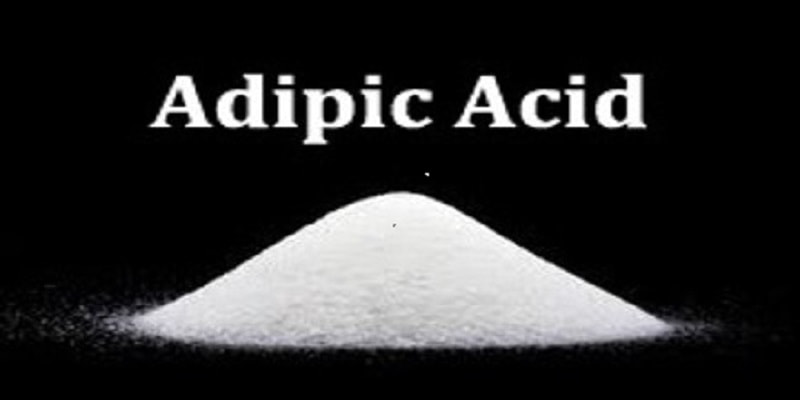
Coveris and Interzero Collaborate on Post-Consumer Plastic Recycling
Coveris is partnering with waste management expert Interzero to enhance its recycling technology with post-consumer plastic feedstock, advancing the circular plastics economy. Interzero specializes in waste management, closed-loop solutions, and plastic recycling. “We are excited about this partnership with Interzero as it aligns perfectly with our No Waste vision. By integrating well-sorted post-consumer waste into our recycling processes, we are taking a significant step toward completely closing the loop,” says Christian Kolarik, CEO at Coveris. Mechanical Recycling
Jan Kroker, CEO at Interzero, states: “Collaborating with Coveris allows us to leverage our expertise in waste collection and sorting to support the creation of high-quality recycled resins. Together, we can significantly reduce waste. The circular economy is a joint project that benefits everyone.”
Value Chain Advantages
Coveris has actively engaged in waste recycling through its ReCover business segment, focusing on material circularity. Interzero’s collected and sorted materials will now be processed by Coveris’ ReCover entities, producing high-quality recycled resins through mechanical recycling, unmatched in the market. These resins will be used in Coveris’ high-performance packaging products, such as Duralite R collation films. Mechanical Recycling
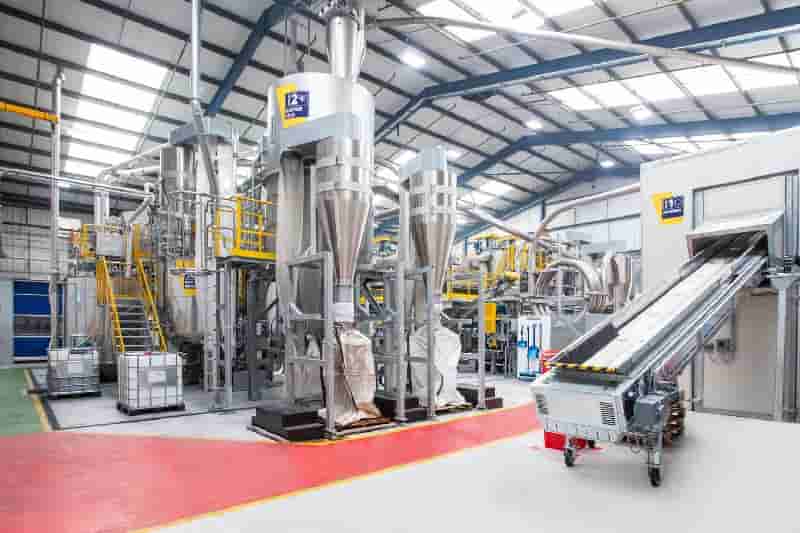
A report by nova-Institute examines China’s bioplastics sector, emphasizing potential structural overcapacity in the future
Despite its nascent stage compared to the vast conventional plastics market, China’s bioplastics industry has experienced rapid growth, bolstered by strong government support.
Projections indicate that the Chinese market will expand from over 765,000 tonnes last year to 2.53 million tonnes annually by 2026, with an average annual growth rate of approximately 49%.
The study, titled “Bio-based and Biodegradable Plastics Industries in China,” prepared by the German consultancy nova-Institute, reveals these trends. Mechanical Recycling
In 2023, the global production capacity for PLA and PBAT is estimated at 1.5 million tonnes, with actual production at 260,000 tonnes. By 2025, the combined capacity for these biopolymers is expected to rise to 3.6 million tonnes, growing annually by 65%. However, market size is projected to reach only 2.5 million tonnes, indicating a potential supply-demand imbalance and structural overcapacity.
The Chinese government is driving the biobased industry to meet Paris Agreement carbon reduction targets and reduce oil dependency for national security. Incentive policies have been introduced, supporting this sector’s growth. Additionally, China’s well-established chemical industry and robust financial system, particularly in private equity and venture capital, provide a conducive environment for bioplastics. Mechanical Recycling
The 71-page nova-Institute report, featuring 14 tables, covers key biobased and biodegradable plastics like PLA, PA, PHA, and PBAT.

Stretch film – The outlook for electric cars is becoming increasingly precarious. In many countries, including ours, the sector faces a slowdown 19-06-2024
Mechanical Recycling




